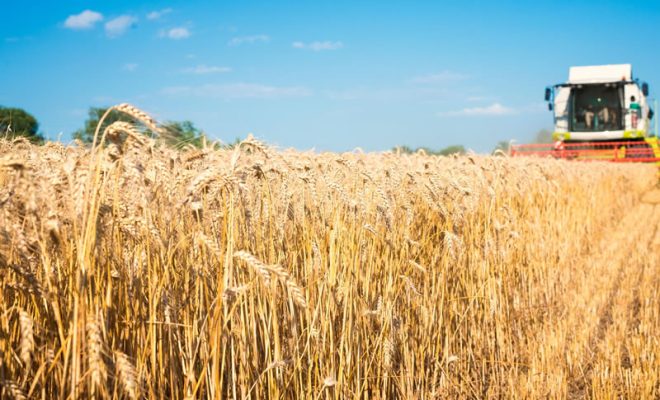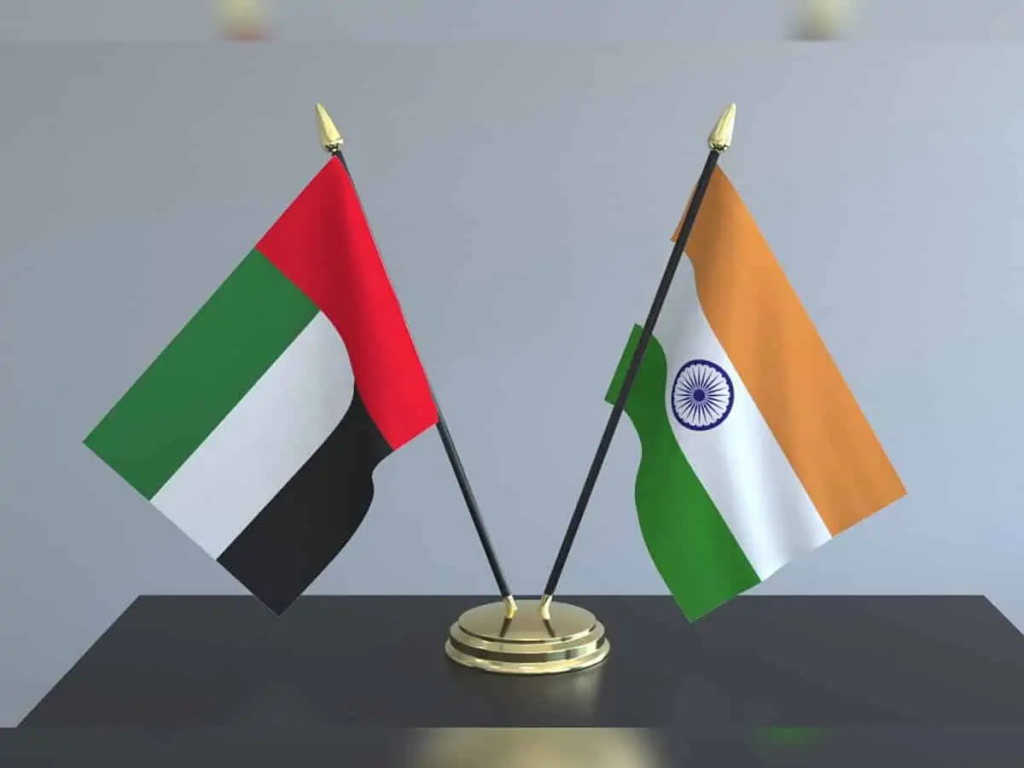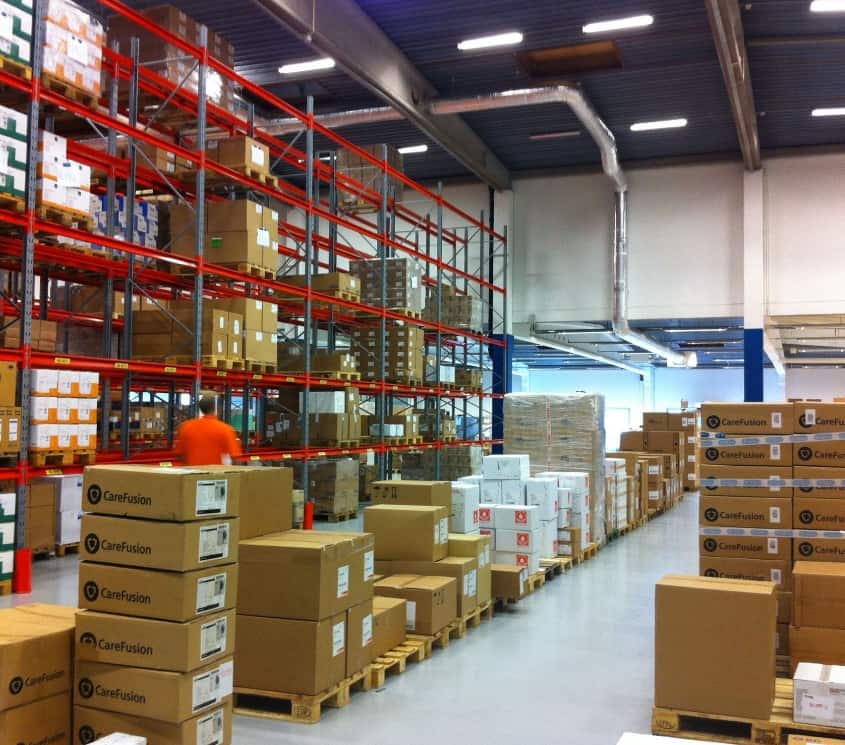India-UAE-Israel Food Corridor Set to Transform Regional Food Security Landscape

The India-UAE-Israel Food Corridor has come out as a new trilateral model that portends a new phase in the development of food security systems. Initially known as the India-UAE partnership project, it has grown to include technological input from Israel and covers the United States as the fourth partner. This corridor announced when both CEPA and the US$7 billion investment commitment were signed in February 2022, is to link Indian farms directly with UAE ports.
India-UAE-Israel Food Corridor: Investment and Strategic Vision
The India-UAE-Israel Food Corridor has been able to obtain a pledge of more than $2bn for food parks and processing facilities throughout India by 2027 from the UAE. This investment comes based on the foundation of India’s robust status as the 8th largest exporter in the agricultural products market; the country’s export in the agricultural sector in 2022-23 was estimated to be US$53.1 billion. The UAE’s participation is necessary since it relies on imported food products, as the country consumes 90% of its nourishments.
The India-UAE-Israel Food Corridor expands with the participation of Israeli technology as manifested with over two dozen Agri-Food centers of excellence set up within India. These centers have effectively trained 150,000 farmers of India in 2019 actively applying modern techniques of farming and management of water that would be ultimately beneficial for the corridor.

India-UAE-Israel Food Corridor’s Impact on Regional Trade
The proposed India-UAE-Israel Food Corridor holds the potential to disrupt the Indian trade map, a necessity more so, given the trade deficits India currently observes with 9 of its top 10 trading partners. The UAE as one of the top 3 trading partners of India with a total bilateral trade of USD 83,600 million in 2023-24 will benefit immensely from the proposed overhaul of food security regulations.
From the second joint committee meeting under CEPA, recent discussions show that both countries are targeting $100 million in non-oil trade by 2030 as regards the corridor. The potential of the India-UAE-Israel Food Corridor could therefore increase these numbers even further, building a new avenue of economic fortune for all involved nations.
Also Read | UAE Economy Set to Soar: World Bank Predicts 4.1% GDP Growth in 2025
Implementation of India-UAE-Israel Food Corridor
The idea of the India-UAE-Israel Food Corridor was set up in 2018, and the part implementation also has some issues. A task force including representatives from India’s central government, state governments, and the UAE is committed to the development of the required infrastructure although the speed of implementation has to be stepped up.
Indeed the successful implementation of the India-UAE-Israel Food Corridor has the potential to transform the food supply chains around the region and provide the best means to substitute the traditional global supply food supply chains. Additionally, it enhances the India-West Asia-Europe economic corridor by increasing the efficiency of transit time and logistics cost through efficiently connected UAE ports.



